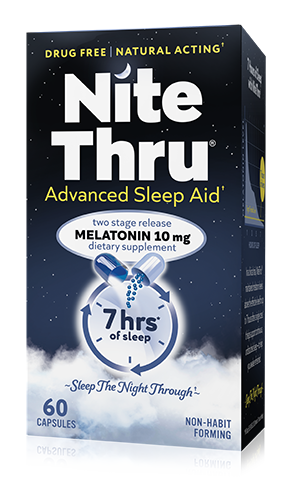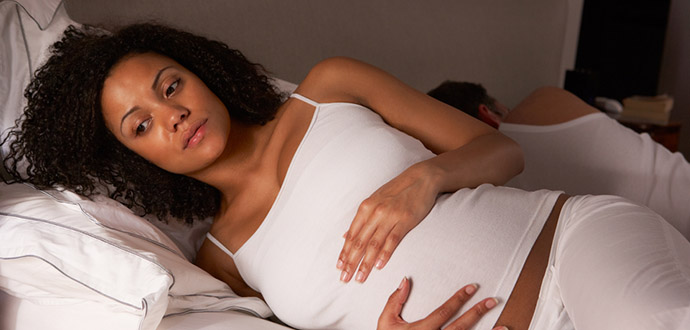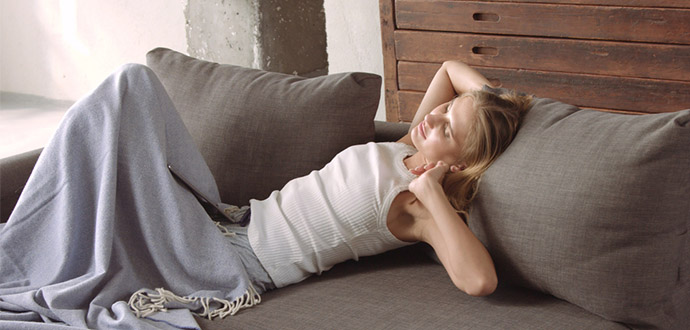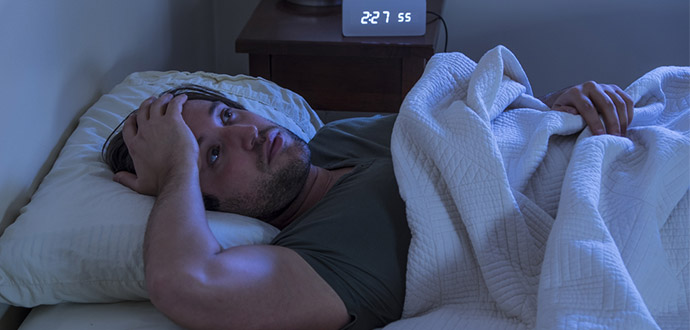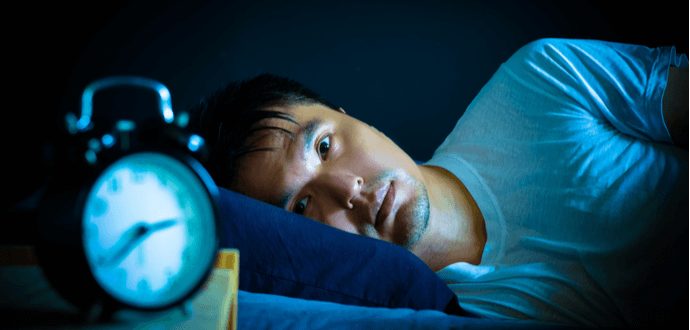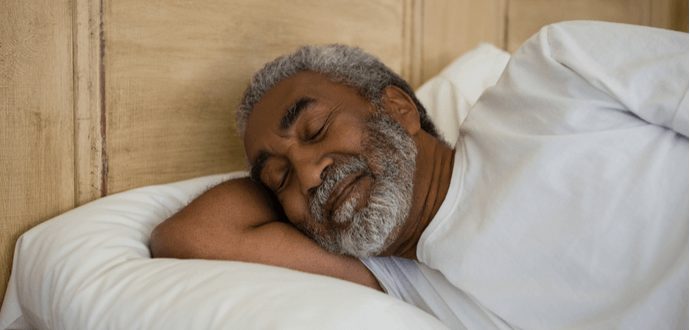Causes of Sleeplessness & Common Sleep Disorders
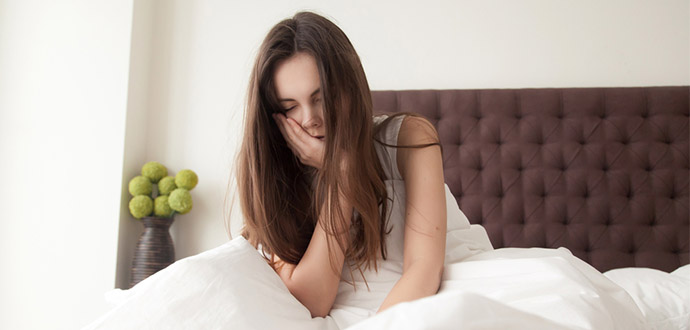
Almost all of us have experienced difficulty falling asleep or staying asleep at some point, but frequent sleeplessness can be extremely frustrating and lead to a wide range of physical and mental health conditions. The Mayo Clinic defines a sleep disorder as changes in sleeping patterns or habits that can affect your overall health, safety, and quality of life.1
Here we investigate the root factors of what can cause a lack of sleep and natural ways to promote a good night’s rest.
What Causes Sleeplessness?
When medical professionals are confronted with questions of what causes sleeplessness, there are many answers that relate to lifestyle habits and specific illnesses. Sleep problems are often categorized as trouble falling or staying asleep, falling asleep at inappropriate times, the need for too much sleep, and abnormal behaviors during sleep.
In general, sleeplessness can be caused by medical problems, such as thyroid disorders, fibromyalgia, or chronic pain, viral illnesses, and sleep apnea. Obesity, stress, and depression can also be causes of sleep problems.2
Adults over the age of 65 tend to develop more sleep problems, and medications you take could be affecting your sleep as well. People who have sleep disorders often feel tired or irritable, have trouble staying awake during the day, have trouble controlling their emotions, and require caffeinated beverages to stay energized throughout the day. 2,3
Common Sleeping Disorders
Although people you know may not openly talk about their sleep troubles, sleeping disorders are incredibly common among adults and children of all ages. A disrupted sleep schedule can be caused by the following conditions and disorders: 1,5
- Irregular sleep-wake syndrome
- Jet lag issues
- Shift work sleep issues
- Narcolepsy
- Sleep apnea
- Sleep walking
- Sleep terrors
- REM sleep behavior disorders
- Restless leg syndrome
Bad Sleep Habits to Stop Now
Although poor sleep can be due to health conditions that are beyond your control, bad sleep habits are often to blame. These are habits that you can easily recognize in yourself and your loved ones and start making small lifestyle changes to promote better sleep.
These are a few of the worst sleep habits that you should start trying to break starting tonight.4
- Using your cell phone before sleeping
- Eating unhealthy foods right before bed
- Engaging in stressful conversations before bed
- Drinking alcohol heavily before bed
- Sleeping in on weekends
Ways to Help You Sleep: Tips to Improve Your Sleep Quality
Many people are nervous about taking prescription sleep aid medications because of the risk of dependency and side effects. Fortunately, there are some great over the counter sleep aids available that contain melatonin, a natural hormone in the brain that is non-habit forming and controls the body’s sleep and wake cycles.6,7
These are some of the best ways to improve your sleep quality.
- Spend an hour winding down and relaxing before bed
- Take a melatonin sleep aid, such as NiteThru Advanced Sleep Aid 6,7
- Eat more fruits and vegetables, while limiting sugars and caffeine8
- Try daily yoga and meditation to calm your mind and body
- Experiment with calming aromatherapy, especially lavender scents
- Consult advice from a sleep clinic if your sleep problems persist and impact your daily activities
References
- Mayo Clinic. Sleep Disorders; Overview. Retrieved December 23, 2018 from https://www.mayoclinic.org/diseases-conditions/sleep-disorders/symptoms-causes/syc-20354018
- Mayo Clinic. Insomnia. Retrieved December 23, 2018 from https://www.mayoclinic.org/diseases-conditions/insomnia/symptoms-causes/syc-20355167
- Johns Hopkins Medicine. The Effects of Sleep Deprivation. Retrieved December 13, 2018 from https://www.hopkinsmedicine.org/health/healthy-sleep/health-risks/the-effects-of-sleep-deprivation
- Sleep Education. Healthy Sleep Habits. (February 9, 2017). Retrieved December 11, 2018 from http://sleepeducation.org/essentials-in-sleep/healthy-sleep-habits
- Cleveland Clinic. Common Sleep Disorders. Retrieved December 23, 2018 from https://my.clevelandclinic.org/health/articles/11429-common-sleep-disorders
- Johns Hopkins Medicine. Melatonin for sleep: Does it work? Retrieved December 11, 2018 from https://www.hopkinsmedicine.org/health/healthy-sleep/sleep-science/melatonin-for-sleep-does-it-work
- National Institutes of Health. Melatonin: In Depth. Retrieved December 13, 2018 from https://nccih.nih.gov/health/melatonin
- DiGiulio, Sarah. (October 19, 2017) How What You Eat Affects Your Sleep. NBC News. Retrieved December 11, 2018 from https://www.nbcnews.com/better/health/how-what-you-eat-affects-how-you-sleep-ncna805256
“Please note, the material located on our site is for informational purposes only, is general in nature, and is not intended to and should not be relied upon or construed as a therapeutic claim or medical advice regarding any specific issue or factual circumstance.”
